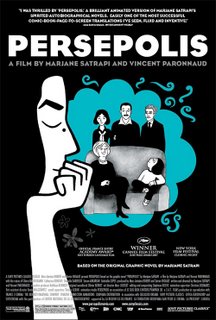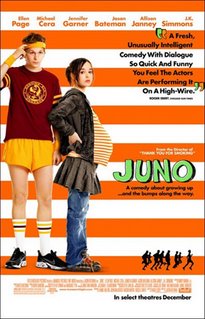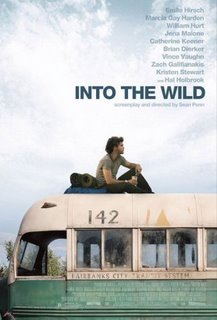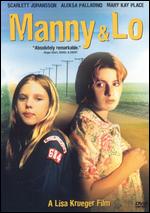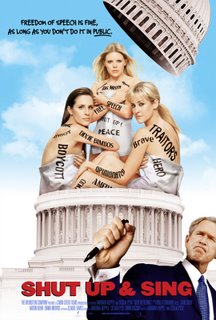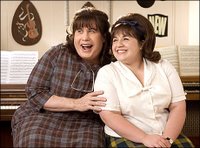Mama at the Movies; Persepolis
At school the other morning, as Eli and I were saying good bye to Ben, already settled into a drawing project, a boy walked over and pushed Ben off his chair. Ben was too surprised to talk and even I needed a moment to gather myself before speaking gently to the child, who somehow, in the clueless, bulldozing way of some kindergartners, just hadn’t seen Ben. Ben and I talked about it later, cuddled cozily on the couch, with Eli dancing around us recalling the drama: “Dat boy pushed Benno,” he recounted wide-eyed, the surprise still fresh in his voice. “No push people. Push swings.”
It’s so simple right now, as perhaps a rule-bound two year-old can convey best; and when the rules of polite society are tested by its youngest members, it’s easy enough for a parent to intercede. This week, it was just a rambunctious boy who didn’t see my kid, but I worry about the day someone does see my kid and pushes him anyway. Oh, I know, the world generally treats blonde boys very well, thank you very much, so I teach my boys to wear their privilege respectfully. And yet, Ben’s a smart boy in a culture that doesn’t really pride itself on intelligence; a vegetarian in a meat-eating society; an awkward body in a world that expects boys to run gracefully and handle balls fluidly. He’s a quirky bird, and like any parent, I want to help my child learn to be himself regardless of how the world reacts to him.
My thoughts about Ben were cast into sharp perspective when I watched the beautiful and moving new Persepolis (Vincent Paronnaud and Marjane Satrapi, 2007). Based on Satrapi’s graphic novel, Persepolis is a memoir of her childhood in Tehran during the Revolution, and her lonely adolescence, exiled without her family, in Vienna. The film is largely in black and white (and a thousand gorgeous shades of gray), animated simply, and in French (depending on where you live, your theater will play a subtitled version like I saw, or one with an English voice-over track), all of which, I know, screams “Art-y!” But instead of being distancing, those often off-putting elements combine to create a film that’s so funny and real, of such quiet beauty and emotional resonance, I didn’t want to move after it was over, lest I break its spell.
Read more of my latest column over at Literary Mama!

